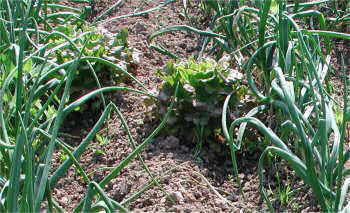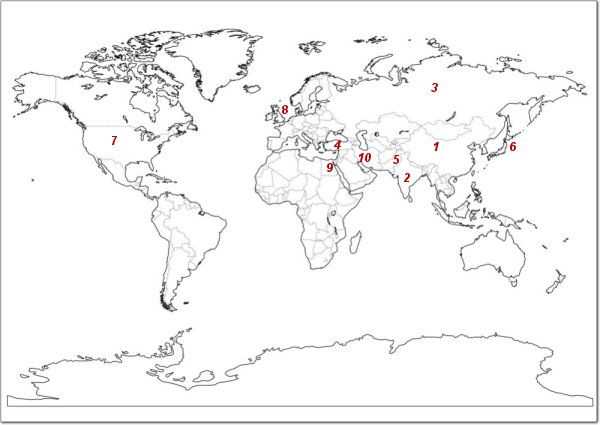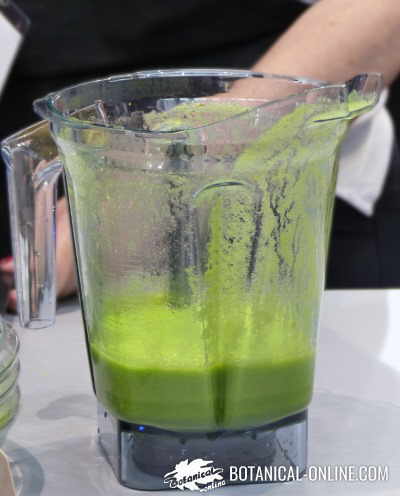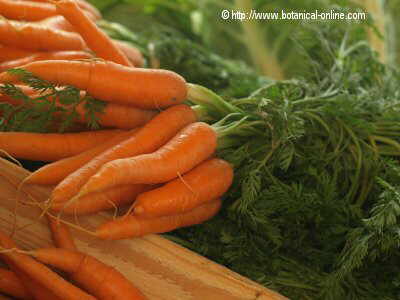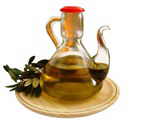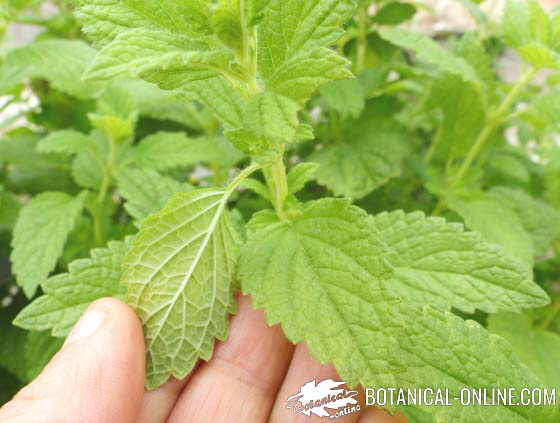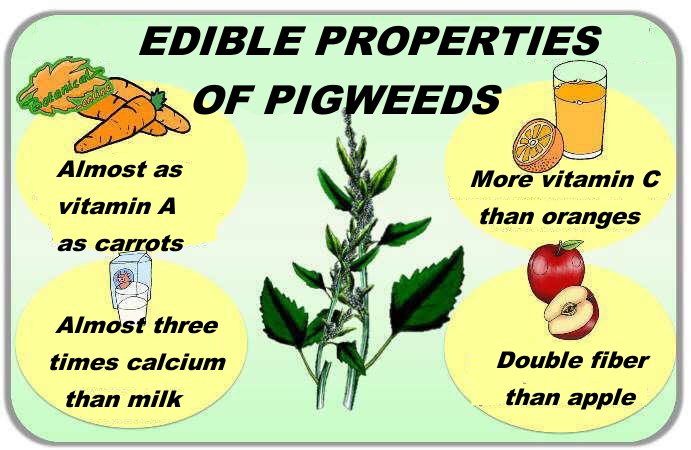Contents
How many species of cassava are there?
Manihot aipi Manihot angustiloba Manihot brachyandra Manihot caerulescens Manihot catingae Manihot davisiae Manihot dichotoma Manihot dulcis Manihot epruinosa Manihot esculenta Manihot glaziovii Manihot grahamii Manihot longipetiolata | Manihot manihot Manihot melanobasis Manihot purpureo-costata Manihot pusilla Manihot salicifolia Manihot saxicola Manihot stipularis Manihot stricta Manihot subspicata Manihot tristis Manihot utilissima Manihot walkerae |
Main varieties of cassava:
Cassava varieties can be grouped into two types:
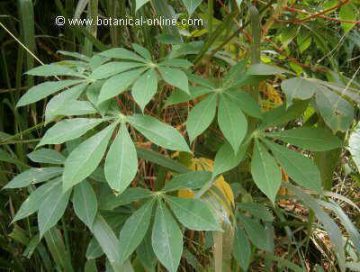
- Bitter varieties: They are those that have a more bitter taste and a higher content of toxins. The best known species is the one previously studied. Externally it differs from the most commonly used sweet species (Manihot dulcis) in that it has darker green leaves and reddish stems.
- Sweet varieties: They have a lower content of cyanogenic glycosides so it is sweeter in taste. Despite this, it is necessary to cook or dry it in the sun to eliminate all toxicity. One of the most common ways is to eat it cooked as if it were potatoes. It can be fried like French fries or made into soups or others. The best known variety is sweet cassava (Manihot dulcis).
Cassava production in the world
Africa is the continent with the highest production today. It was brought there by the Portuguese colonizers and reached a great diffusion during the first half of the 20th century until it produced 40% of world production.
The main producing countries in the world are, in order of highest to lowest production, Nigeria, Brazil, Thailand, Indonesia, Congo and India.
![]() More information on cassava
More information on cassava

